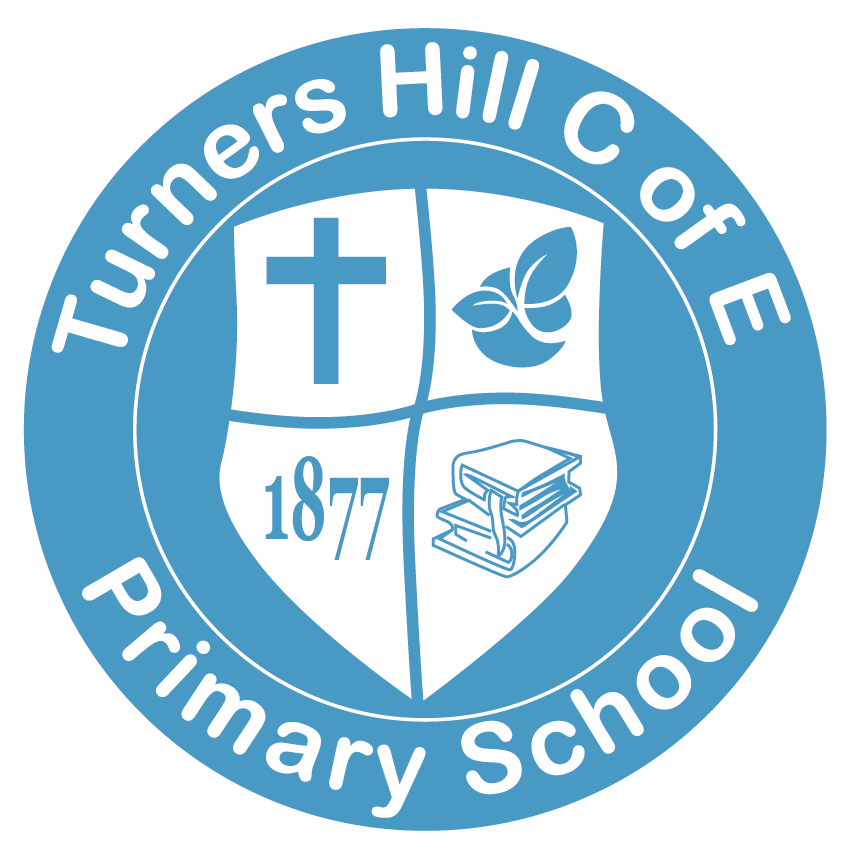Mixed Age Classes
How it works
-
What is a mixed age and split year group class?
A mixed age class is defined to be a class in which there are children who are from more than one year group of the primary school. At Turners Hill our year groups are split between classes. Maple class is year R and 1, Cherry class is Year 1 and 2, Birch class is year 3 and 4, Holly class is year 4 and 5, and Willow class is year 5 and 6.
-
Why are mixed age and split year group classes formed?
Mixed age classes are formed in most schools partly because of the number of pupils in each year group. The annual intake of children at Turners Hill CofE Primary School is 20 children and with 7 year groups and with 5 classrooms, this means that children are organised into 5 classes. One factor that influences these class sizes is that EYFS and KS1 children should only be registered and taught in groups of 30 or less children. Physical classroom space is also a consideration.
-
Why is the situation different in my child’s school from that in other schools?
Every Primary school is unique. Many schools in West Sussex have less than 100 pupils or between 100 and 150 and may therefore arrange groups in 3 or 4 or 5 classes. Each one of these schools has no choice but to form one or several mixed age classes. In none of these schools is the formation of mixed age classes an issue or a professional concern. There is no evidence to suggest that being in a mixed age class has any detrimental effect whatsoever on the education of children in that class.
-
Does a mixed age or split year group class mean that my child's friendship grouping will be broken up?
Although care is taken in allocating pupils to classes - their social needs are not ignored. In general terms, it is likely to be good for children to experience classes with different classmates so that their circle of friends and acquaintances can be extended beyond the traditional age boundaries. Where new classes are formed, opportunities are created beyond the standard curriculum for pupils to maintain contact with friends who have been allocated to other classes (such as at lunchtimes, playtimes, special activities, trips, school performances). When children transfer to secondary school, new friendship groupings in different subject areas become a fact of life, and this situation is generally welcomed by many children.
-
What are the benefits to the arrangements?
Children benefit in many ways from the opportunity to become an ‘expert’ for the younger children and a positive role model which the younger children often aspire to. This ‘vertical’ grouping often nurtures thinking & problem skills, vocabulary & social competences. There is often a greater sense of cooperation and opportunities to work with a wider circle of peers. The children usually have continued learning with the same teacher and this provides an opportunity for the teacher to develop a deeper understanding of a child’s needs and strengths and is therefore in a stronger position to better support the child’s learning.
In turn the child knows their teacher well, understands the expectations they have, and can build upon a level of trust that encourages them to ‘have a go’ or try something new.
-
When a mixed age or split year group class is formed, how are decisions taken about which children should be allocated to which class?
Experience has shown at Turners Hill CofE Primary School that we take a number of influences into consideration and make a professional judgment based on this. Split year groups are considered very carefully, depending on each cohort of children. These include (and are in no particular order of preference):
- Social learning group
- Emotional development
- Readiness to learn
- Stage of learning
- Gender and age (balance of class and year group)
- Additional needs
All these factors will be taken into consideration by the Headteacher and class teachers when making a decision. Parents are informed about the new organisation and opportunities are made available for any family wishing to discuss their child’s learning. However, it is the Headteacher who makes the final allocation based on their professional judgement of where the child will best flourish in both their personal, social and academic achievements.
